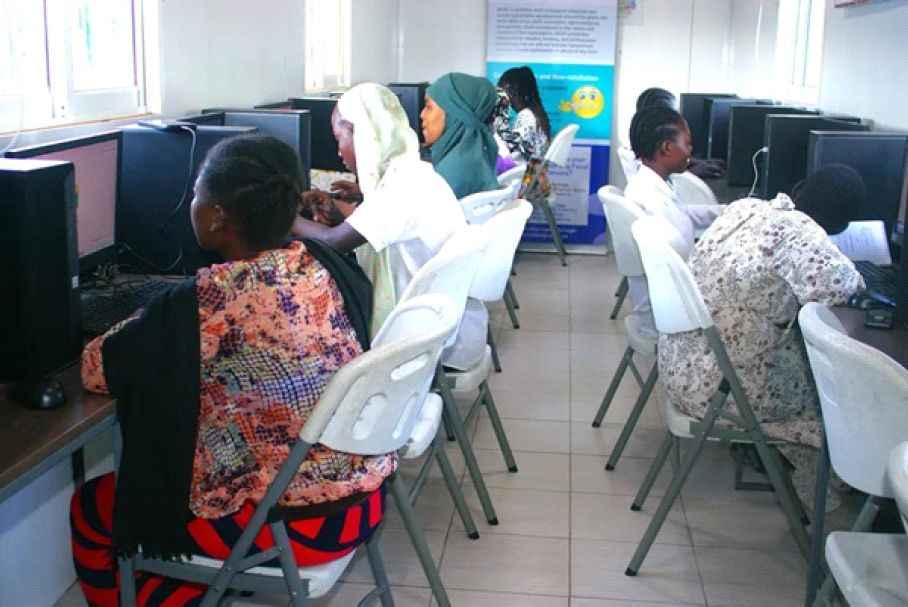Knowledge & Learning Mobilization for the LEAP Digital Hub in Kakuma Refugee Camp

Mobilizing knowledge on the findings and learnings from the LEAP Digital Skills Hub is crucial for WUSC’s broader mission to support the digital economy in refugee contexts like Kakuma and Kalobeyei. By disseminating these insights, WUSC can inform its ongoing initiatives such as the DREEM program, enhancing its effectiveness in fostering digital opportunities for marginalized communities. Furthermore, sharing this knowledge positions WUSC as a thought leader in digital skills training for refugees, raising its profile and influence in the sector. It also contributes valuable evidence to the global discourse on alternative learning pathways for out-of-school girls and young women, and the role of digital economies in refugee settings. Most importantly, these learnings can be used to advocate for greater private sector engagement and job linkages, ensuring that participants have sustained access to meaningful economic opportunities.
The intended recipients of the knowledge products include a range of stakeholders critical to advancing digital skills and economic opportunities in refugee settings. These are the policymakers, international organizations, and donors who play a key role in shaping higher education and economic development programs. Additionally, private sector companies are a primary audience, as these insights can help them better understand the potential of refugee communities and encourage job linkages for program graduates. Local community leaders and implementing partners in kakuma and kalobeyei are also key recipients, as their engagement is vital for fostering grassroots support and ensuring the sustainability of digital skills initiatives. Through sharing these knowledge products, WUSC aims to engage a diverse audience to amplify the impact of the program and advocate for broader systemic change. As part of our knowledge mobilization efforts, we present a series of case studies that spotlight the personal journeys of participants in the leap digital skills hub. These stories provide an intimate look at the program’s impact, illustrating the challenges, triumphs, and transformative experiences of young women and girls in kakuma. Each case study delves into key themes such as achieving financial independence, overcoming cultural barriers, and successfully transitioning from training to meaningful employment. By sharing these narratives, we aim to amplify the voices of the participants, offering insights into how digital skills can empower individuals and create lasting economic opportunities within marginalized communities. These case studies, alongside our other knowledge products, will serve as vital tools for advocacy and inspiration, encouraging further action and engagement in the pursuit of a more inclusive digital economy.
